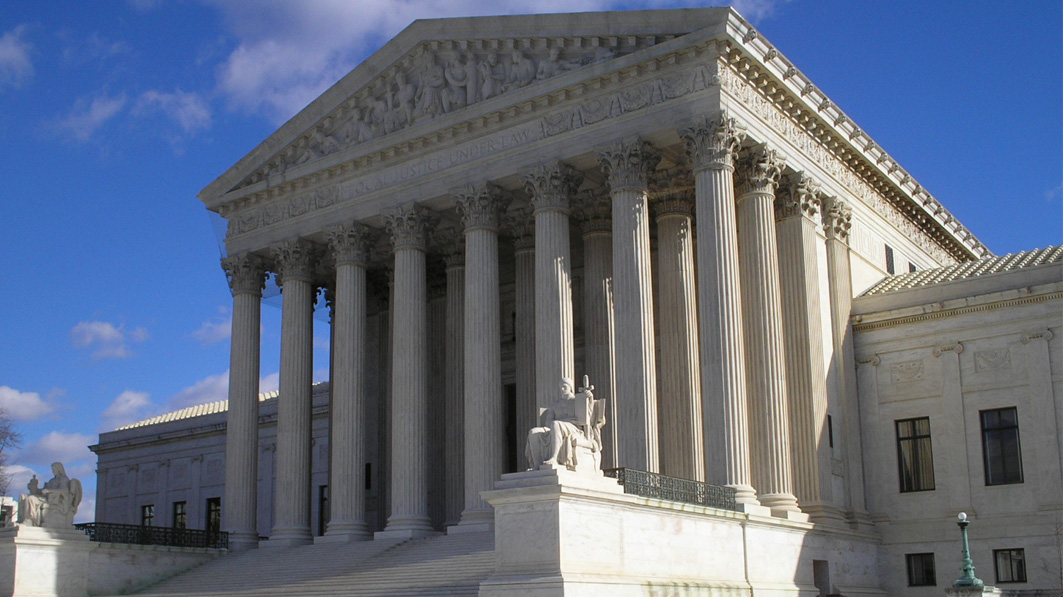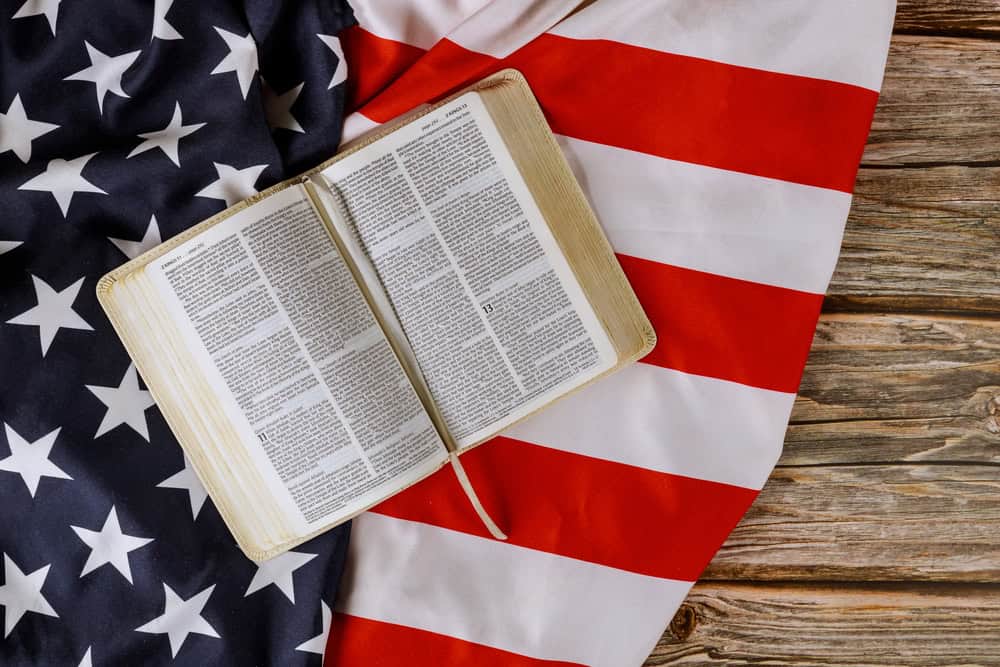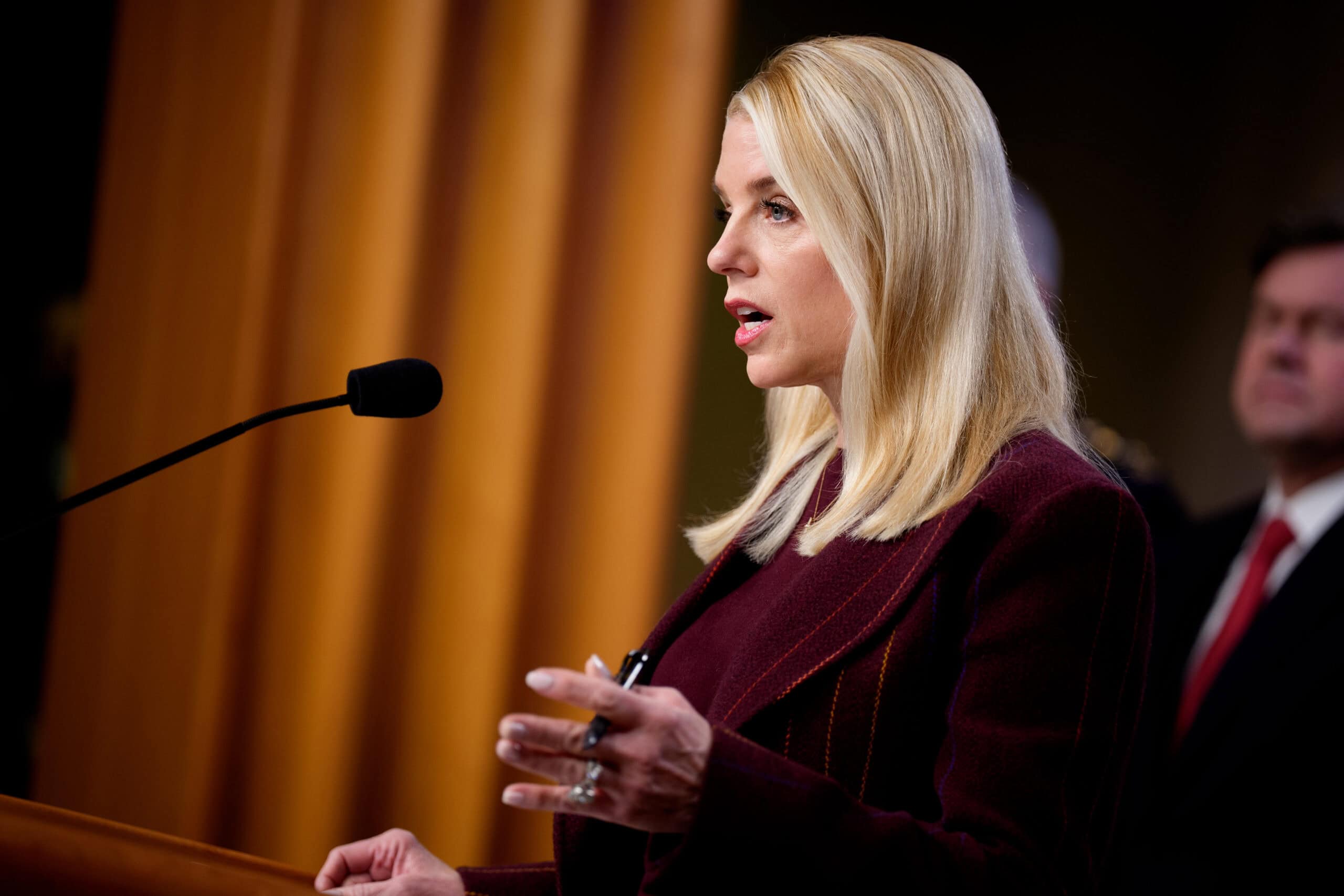SCOTUS Declines Religious Freedom Cases, But With a Positive Twist

How can you lose and win at the same time? It’s not easy, but the U.S. Supreme Court has figured out a way. Recently, the Court declined several religious freedom appeals. But at the same time, it chastised the lower courts involved, sending a positive message about religious freedom to the rest of the nation’s judiciary.
Cases of interest to social conservatives have been piling up at the U.S. Supreme Court of late, from bakers dealing with same-sex wedding requests, to high school transgender policies, to religious organizations excluded from public programs.
This week the Court cleared some of that backlog by declining to take up two cases dealing with a New Jersey government program that provides funding for the historic preservation of old buildings, The First Amendment question involves whether houses of worship can be excluded from the program simply because of their religious nature. The cases are similar, but not identical to the 2017 Trinity Lutheran case dealing with playground surfaces in which the Supreme Court decided a religious organization can’t be excluded from a general available government program. The Trinity Lutheran case didn’t involve a “house of worship” but left that question for the future. The New Jersey cases squarely address the “house of worship” issue.
To get your case “accepted” by the Supreme Court, you need four justices to agree that your case should be addressed by the nine-justice Court. The Court receives several thousand such requests each year, but accepts fewer than 100. Thus, the chances of your case being accepted (known as “certiorari granted” or “cert granted” for short) are slim. When your case is rejected, you almost never know why, because the Court is not obligated to tell you. Most often all you get is a one-sentence order: “Certiorari denied.”
Such a terse denial, though common, leaves Court observers and the litigants—who are usually sent back to the lower courts for further proceedings—in a quandary, wondering what message the Court may be sending about the rejected case.
The New Jersey cases, as well as the recent religious freedom case involving Coach Kennedy, however, stand out from the crowd of rejected appeals. Why? Because the denial of cert was accompanied by a “statement” issued by a few of the conservative justices on the Court. These statements read much like a legal opinion, with citations to other Supreme Court decisions and detailed legal analysis of the First Amendment issues in play. Such statements are rare, and when they start popping up in several religious freedom cases in the same Term of the Court, beg the question: What is the Court (or at least a few of the justices) doing and why?
In the New Jersey cases, Justice Brett Kavanaugh authored a five-page “statement,” joined by Justices Neil Gorsuch and Samuel Alito, explaining the reasons the Court couldn’t take the case yet, but might do so after the case develops a little more in the lower courts. That offered hope for a future decision in favor of equal treatment for those churches. That case will now go back to the New Jersey courts for further proceedings.
The appeal involving Coach Kennedy’s firing for praying on a high school football field after the games were over was declined just a few weeks ago, also accompanied by a similar statement, authored this time by Justice Alito and joined by Justices Thomas, Gorsuch, and Kavanaugh. The statement explained why the case needed some facts cleared up before the case would be ready for the Supreme Court to review, and also went out of its way to criticize the reasoning the Ninth Circuit U.S. Court of Appeals used in deciding the case before it made its way to the high court. Coach Kennedy’s legal team felt energized to start the lower court process again, buoyed by the statement of the four justices.
While the denials of cert in these few religious freedom cases are initially disappointing, the “statements” issued by several of the Court’s constitutionalists offer hope and a solid basis for expecting much more in the way of protection for the religious freedom rights at stake as those cases go back to the lower courts. They also send a message to the rest of the nation’s courts that religious freedom is not a second-class citizen in our panoply of constitutional rights. This is good news for religious freedom cases winding their way through the nation’s court system even now.
ABOUT THE AUTHOR

Bruce Hausknecht, J.D., is an attorney who serves as Focus on the Family’s judicial analyst. He is responsible for research and analysis of legal and judicial issues related to Christians and the institution of the family, including First Amendment freedom of religion and free speech issues, judicial activism, marriage, homosexuality and pro-life matters. He also tracks legislation and laws affecting these issues. Prior to joining Focus in 2004, Hausknecht practiced law for 17 years in construction litigation and as an associate general counsel for a large ministry in Virginia. He was also an associate pastor at a church in Colorado Springs for seven years, primarily in worship music ministry. Hausknecht has provided legal analysis and commentary for top media outlets including CNN, ABC News, NBC News, CBS Radio, The New York Times, the Chicago Tribune, The Washington Post, The Washington Times, the Associated Press, the Los Angeles Times, The Wall Street Journal, the Boston Globe and BBC radio. He’s also a regular contributor to The Daily Citizen. He earned a bachelor’s degree in history from the University of Illinois and his J.D. from Northwestern University School of Law. Hausknecht has been married since 1981 and has three adult children, as well as three adorable grandkids. In his free time, Hausknecht loves getting creative with his camera and capturing stunning photographs of his adopted state of Colorado.
Related Posts

Pastor Son’s Trial and the Crisis in South Korea
January 22, 2026

Is Religious Faith Gaining Influence in America?
December 26, 2025


